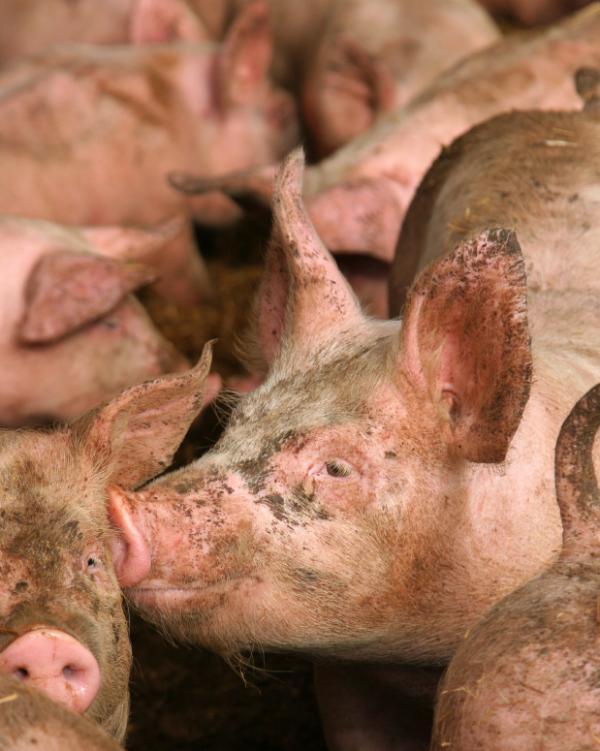The strain of influenza A / H1N1 is currently raging in people who have been shown to be able to spread to pigs and have quickly spread in a flock of experimental pigs.
In the new study published this September 9 in the Journal of General Virology, Dr. Thomas Vahlenkamp and his team of researchers from the Friedrich-Loeffler-Institut Institute in Greifswald-Insel Riems, Germany, did an implant experiment. A / H1N1 influenza virus is currently raging on humans for 5 pigs.Within four days, the virus spread to three other healthy pigs that were kept in captivity, resulting in all eight clinical manifestations of the flu.

The strain of influenza A / H1N1 is currently rampant in people who have been shown to be able to spread to pigs and have rapidly spread in a flock of experimental pigs.(Photo: iStockphoto / Clint Scholz)
'Although at this early stage of the pandemic, people have been worried that humans will be infected with swine flu, but so far no cases have been reported, and pigs and animals are also known. Other objects are not involved in the spread of influenza A / H1N1 in humans, "said Dr. Vahlenkamp. 'However, with an increasing number of patients with influenza, it is very likely that we will face transmission from people to pigs. Preventing this spread is a priority to prevent pigs from participating in the spread of disease across the planet. '
Influenza virus has spread rapidly to healthy pigs; however, it did not spread to 5 chickens locked up with the pigs.Thus, the virus can be transmitted from person to pig, but not from pigs to chickens. Experiments were conducted under strict isolation conditions (Biosafety level BSL3 +) in order not to have any cases of transmission of influenza viruses from outside tested pigs.
Scientists recommend that people with suspected flu should not have any contact with pigs and people in isolation should comply with all measures to limit the impact of the disease where the H1N1 flu virus is detect. Scientists are still continuing to conduct experiments to test whether vaccines can be used to immunize pigs, preventing human-to-animal transmission of the flu.
 Green tea cleans teeth better than mouthwash?
Green tea cleans teeth better than mouthwash? Death kiss: This is why you should not let anyone kiss your baby's lips
Death kiss: This is why you should not let anyone kiss your baby's lips What is salmonellosis?
What is salmonellosis? Caution should be exercised when using aloe vera through eating and drinking
Caution should be exercised when using aloe vera through eating and drinking